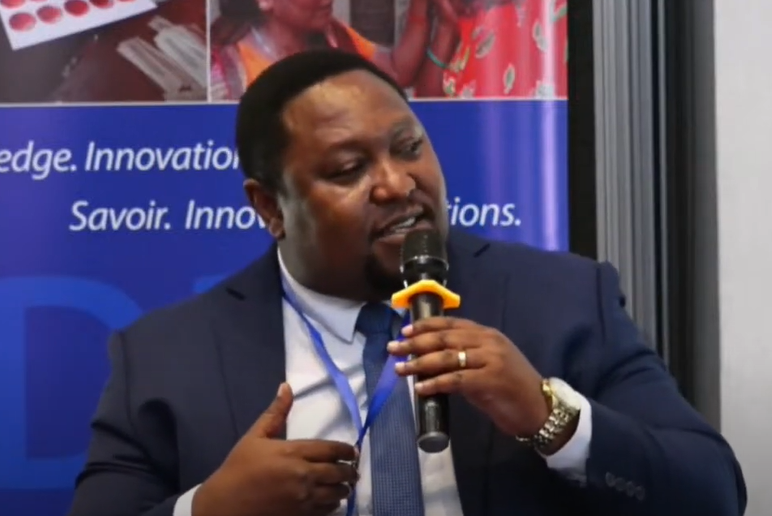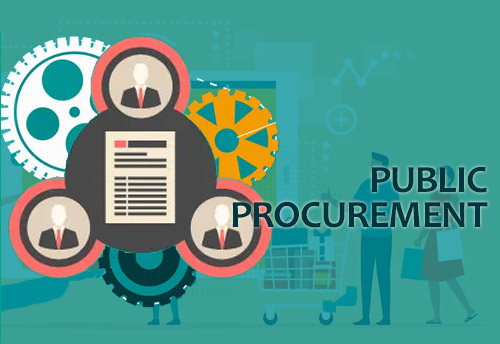Nairobi. In a recent workshop on the Growth and Economic Opportunities for Women (GrOW) Phase II – East Africa, gender experts, policymakers, and entrepreneurs gathered to discuss the challenges and solutions surrounding gender equality in public procurement.
Held at the Trademark Hotel, the event shed light on how procurement systems can either hinder or promote women’s participation in the economy.
Kathryn Toure, Regional Director for East and Southern Africa at the International Development Research Centre (IDRC), emphasized the need for equal opportunities for women, stating, “When women have equal access to quality employment, economic resources, and decision-making roles, entire communities benefit.”
This sentiment was echoed throughout the discussions, which highlighted the exclusionary nature of current public procurement systems and the barriers women face in securing government contracts.
Gender bias in public procurement
Professor of public procurement law and Deputy director of the African Procurement Law Unit, Stellenbosch University, South Africa, outlined how existing procurement frameworks perpetuate gender inequality.

“Gender-blind procurement processes create barriers that disadvantage women, preventing them from accessing government contracts on an equal footing with men,” she explained.
She further noted that these procurement systems often result in public services that fail to meet the needs of women.
Many women entrepreneurs struggle with high bidding costs, rigid contract conditions, and evaluation criteria that do not favor businesses owned by women, making it difficult for them to compete effectively.
Governments that adopt gender-inclusive procurement policies can create a more level playing field. By reducing bureaucratic hurdles and lowering the costs of bidding for small businesses—many of which are women-owned—authorities can significantly enhance women’s participation in procurement processes.
Also, setting aside a percentage of government contracts for women-owned businesses is a viable strategy to economically uplift women.
Solutions for inclusive procurement
One of the key recommendations from the workshop was the need for training and financial support for women entrepreneurs. With access to education and proper training, women can better navigate the procurement landscape and compete more effectively for government contracts.
Beyond improving women’s participation in procurement, it is crucial that public services funded through procurement address women’s needs. Governments should ensure that the products and services acquired through public procurement contribute to the well-being of women and communities at large.
Professor Williams stressed that public procurement should not be viewed merely as a government purchasing tool but as an instrument for achieving social justice.
“Procurement can drive social change by enforcing policies that promote environmental sustainability, support small businesses, and advance gender equality,” she said.
Dennis Kwame Simba, the Director General of the Public Procurement Regulatory Authority (PPRA) in Tanzania, stated that every public institution must ensure that at least 30 percent of its budget is allocated to special groups, such as women and persons with disabilities, before approval.
“This is done to enhance women’s participation in public procurement,” he said. He further explained that for large institutions, the allocation can be as low as 5 percent, provided they present a clear strategy to increase this percentage in the coming years.
“We ensure that when companies announce tenders, they allocate at least 30 percent to groups identified as women. The key challenge now is preparing these groups to take advantage of these opportunities,” he added.

GrOW Phase II – East Africa: Advancing women’s economic empowerment
The GrOW Phase II – East Africa initiative has played a crucial role in addressing gender disparities in the labor market. Launched in 2020, the initiative focuses on key issues such as unpaid care work, occupational gender segregation, and strengthening women’s collective agency to bridge economic gaps.
Supported by the Gates Foundation, the William and Flora Hewlett Foundation, and IDRC, the initiative has funded 15 research and policy projects across Ethiopia, Kenya, Rwanda, Tanzania, and Uganda. These projects have explored ways to redistribute unpaid care work and tackle gender gaps in employment.
As part of its efforts, GrOW Phase II – East Africa has convened a workshop to bring together grantees, researchers, and policymakers to share insights and discuss evidence-based strategies for enhancing women’s economic empowerment.
The event aims to influence policy and practice by showcasing successful interventions and fostering cross-project learning.
A call for policy action
One of the major takeaways from the workshop was the need for stronger policies that promote women’s participation in public procurement. Participants emphasized the importance of government and private sector collaboration in creating procurement systems that are accessible and fair to women entrepreneurs.
Moreover, there was a strong call for more research and data collection on the impact of public procurement on women. By gathering accurate data, policymakers can better understand the challenges women face and develop targeted strategies to address them.
As the workshop concluded, stakeholders agreed that achieving gender-inclusive procurement is not just about economic fairness—it is about social progress.
Governments, private sector players, and civil society must work together to create an environment where women-owned businesses can thrive.
By integrating gender considerations into procurement policies, societies can take a step forward in closing economic gaps and ensuring that women are not just participants but key drivers of economic growth.



Visit my Blog – Really well-written and easy to understand.